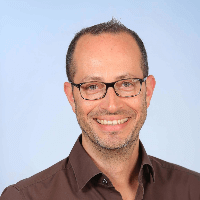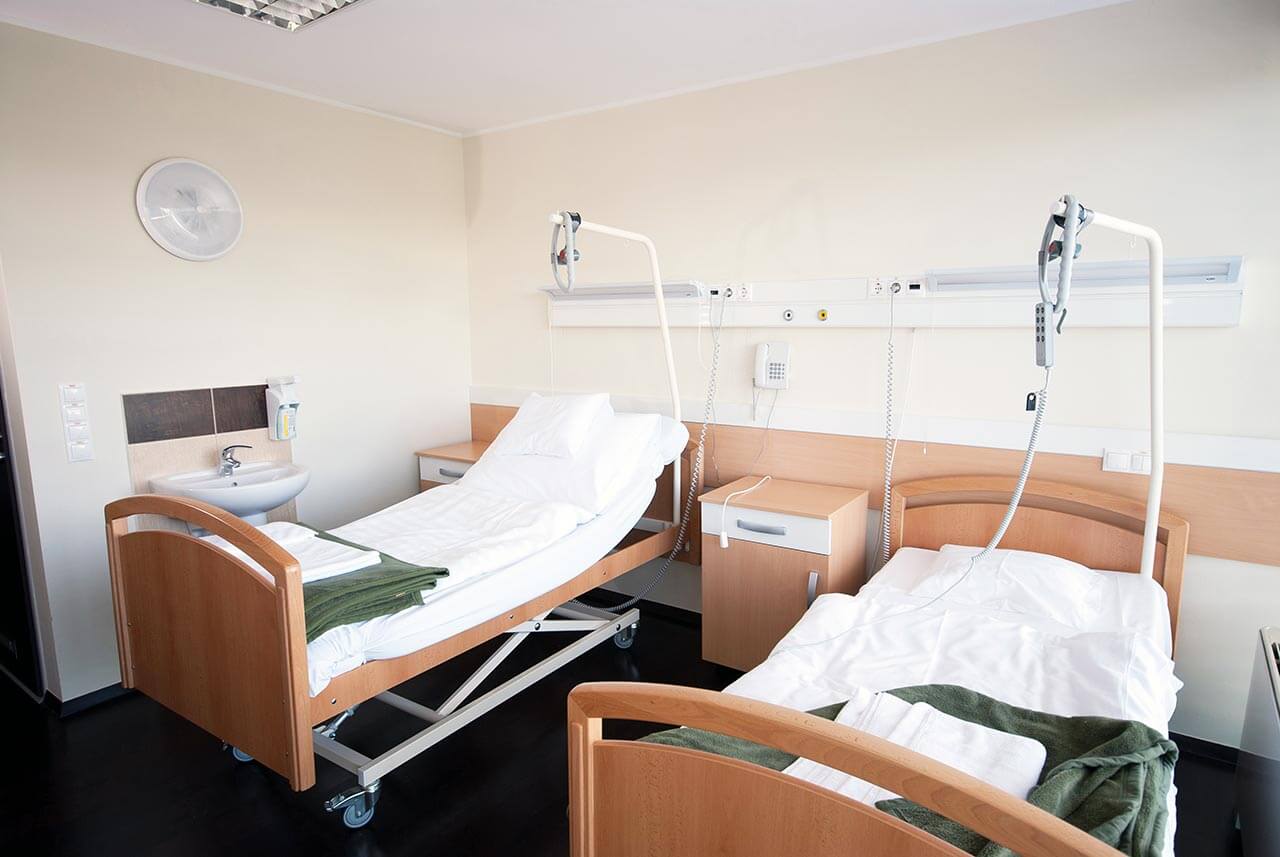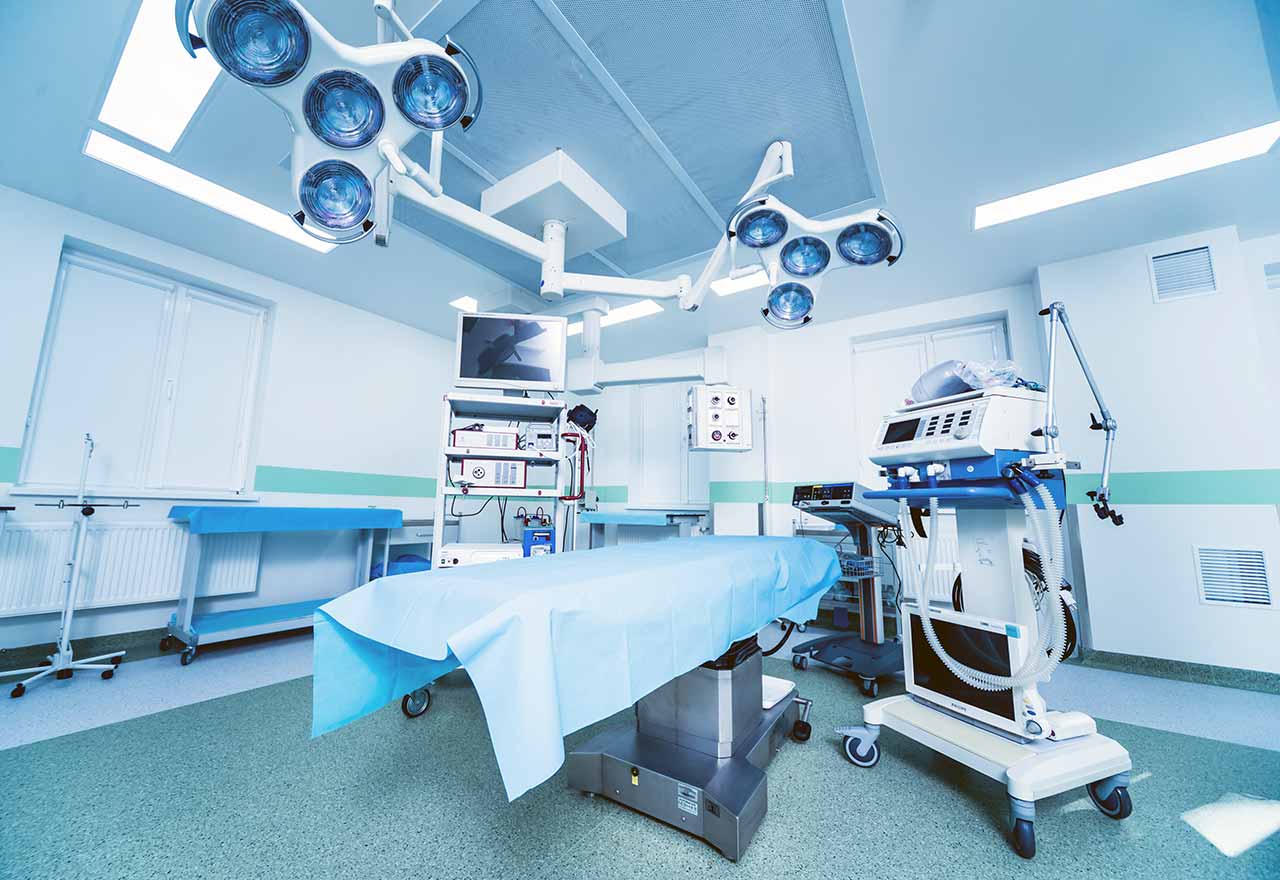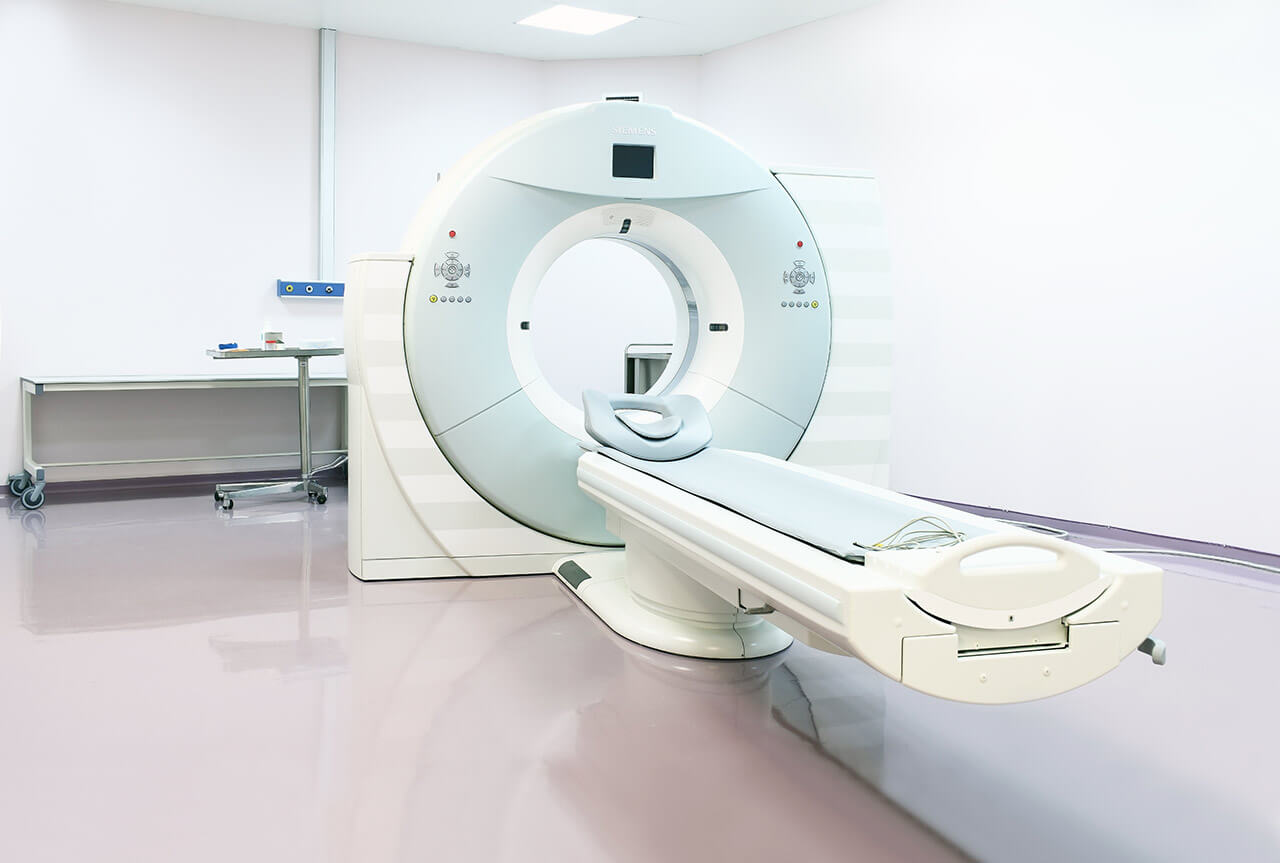
About the Department of Neuropediatrics and Pediatric Epileptology at HELIOS University Hospital Wuppertal
The Department of Neuropediatrics and Pediatric Epileptology at the HELIOS University Hospital Wuppertal offers top-class medical services for the diagnostics and treatment of diseases of the brain, spinal cord, peripheral nervous system and muscles in children and adolescents. In addition, the department provides medical care to children with developmental delays and developmental disorders. Doctors have vast experience in the treatment of epilepsy in young patients, and also have successful experience in the treatment of movement disorders, inflammatory diseases of the central and peripheral nervous system, chronic headaches, multiple sclerosis, cerebral palsy, congenital malformations of the brain and spinal cord. To provide comprehensive medical care, the team of pediatric neurologists cooperates closely with specialists in the field of ophthalmology and otolaryngology, as well as with neurosurgeons and pediatric orthopedists. Prior to starting treatment, the department's specialists carry out a diagnostic examination, which makes it possible to assess the severity of the pathological process and choose the most effective treatment tactics. In the course of the therapeutic process, doctors use various pharmacotherapy regimens, psychological care, physiotherapy, occupational therapy, speech therapy, curative education and other methods that help eliminate a neurological disorder or control the pathology and improve the child's condition. The department is headed by Dr. med. Sabine Cagnoli.
The department's doctors pay special attention to the treatment of epilepsy in children. This disorder develops due to the increased electrical activity of certain areas of the brain, and therefore one of the main tasks of doctors is to detect foci of pathological activity and accurately determine their location. Doctors also carry out diagnostic examinations for any comorbidities that can contribute to the development of epileptic seizures. The standard diagnostic protocol includes studying the child's medical history, electroencephalography and magnetic resonance imaging. With the confirmed diagnosis, doctors determine the causes of the development of epilepsy and its type, after which they elaborate an individually tailored treatment regimen. Depending on the type of epilepsy, specialists select the optimal medication or a combination of medications. As a rule, the course of treatment should be continuous and long enough. During treatment, follow-up examinations are regularly carried out to monitor the child's condition and assess the effectiveness of treatment. If, after taking antiepileptic drugs, doctors manage to achieve a stable remission (at least 2 years without epileptic seizures), the dosage of drugs is gradually reduced. A ketogenic diet that is high in fat and low in carbohydrates is often recommended for children suffering from epilepsy. It is clinically proven that this type of diet can significantly reduce the number of epileptic seizures. However, this diet is prescribed by the attending physician, after considering a particular clinical case.
The department's specialists also admit young patients with cerebral palsy. The pathology causes serious movement disorders, as well as balance and postural disorders. The neurological disorder quite often causes mental retardation, speech disorder, hearing loss and vision disorder. Infantile cerebral palsy is usually diagnosed at the age of 1-2 years. The diagnostics involves a clinical examination and instrumental tests, including X-ray, ultrasound and magnetic resonance imaging. The team of the department's doctors carries out conservative treatment of cerebral palsy with the help of botulinum toxin, specially elborated physiotherapeutic programs (for example, Bobath concept, Vojta therapy, Castillo-Morales approach, etc.), therapeutic exercises, massage, sessions with a speech therapist and a psychologist. The goal of therapy is to maximize the restoration of the child's motor functions and prevent disability.
The responsibility of pediatric neurologists also includes medical care to young patients with multiple sclerosis. Recently, it was believed that pathology affects only adults, but today the disease is increasingly common in children. Multiple sclerosis is a chronic autoimmune disease of the nervous system characterized by a remitting course – alternation of remissions and exacerbations. If untreated, multiple sclerosis can cause serious consequences, including motor and sensory impairments, seizures and visual impairments. To confirm the diagnosis, MRI and cerebrospinal fluid analysis are required. Since the pathology remains incurable to this day, the task of the department's specialists is to achieve stable remission and prevent the development of complications of the pathology. Children with this diagnosis need regular medical supervision and pharmacotherapy to control the disease. With the presence of movement disorders, therapeutic exercises, physiotherapy, massage and other treatment methods are used. In addition, children with multiple sclerosis receive professional psychological care.
The department pays special attention to the diagnostics and treatment of the following neurological disorders in children:
- Epilepsy
- Cerebral palsy
- Multiple sclerosis
- Chronic headaches
- Congenital malformations of the nervous system
- Autism and autism spectrum disorders
- Mental retardation, speech impairments, impaired concentration
- Other pathologies of the central and peripheral nervous system
The department's range of medical services includes:
- Diagnostics
- Electroencephalography
- Magnetic resonance imaging
- Ultrasound scanning
- X-ray scanning
- Nerve conduction velocity test
- Recording of sensory and visual evoked potentials
- Treatment
- Pharmacotherapy
- Physiotherapy
- Therapeutic exercises
- Occupational therapy
- Speech therapy
- Curative education
- Psychological support
- Other diagnostic and therapeutic options
Photo of the doctor: (c) Helios Universitätsklinikum Wuppertal




